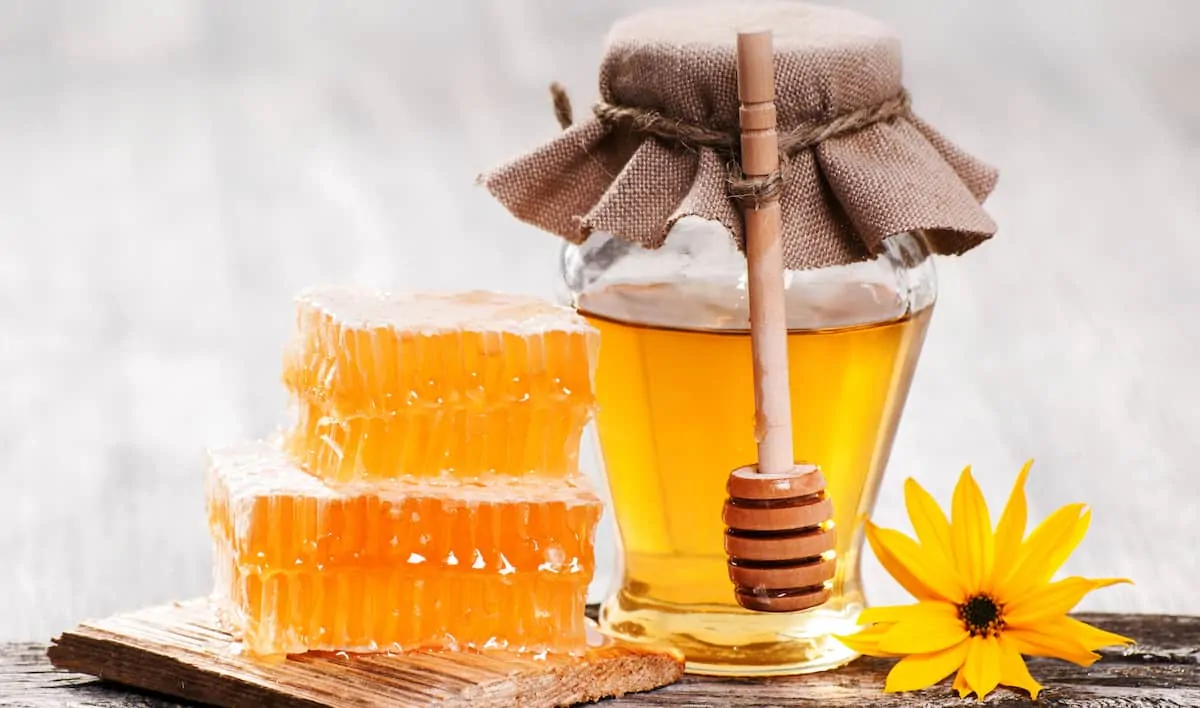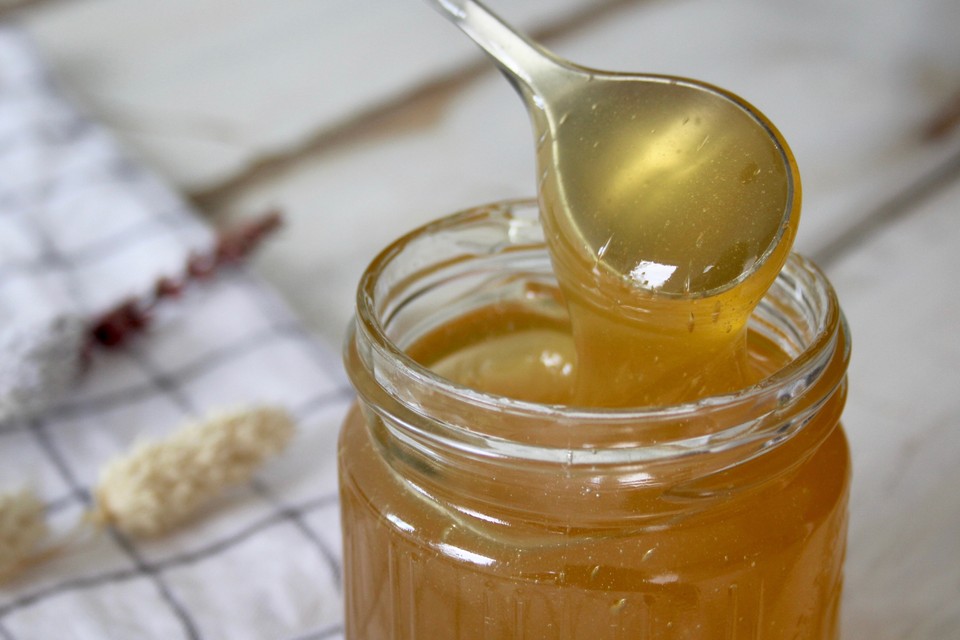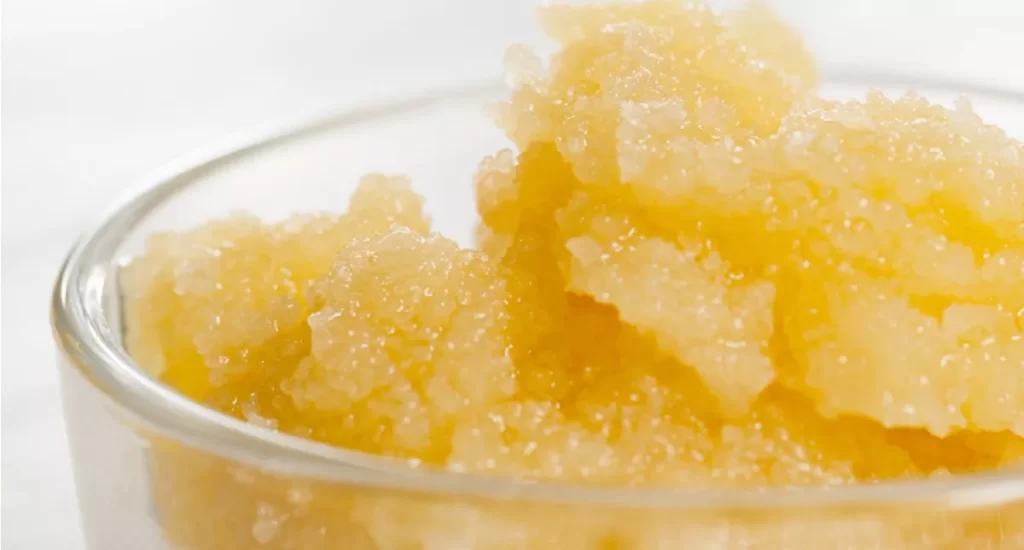Can You Freeze Honey?
The most amazing edible by-product of bees, who are among nature’s busiest animals, is honey. It allows us to indulge knowing that at least we’re receiving nutrients along with our sugar rush, which is great for those of us who have a sweet taste.
If you wish to eliminate white sugar consumption, it also serves as an alternative to many other sweeteners and is a rather healthy choice.
As a result, we frequently have a lot of honey on hand.
Continue reading to discover more about how to store and use honey.
Honey doesn’t go bad, which is one of its best qualities! But with time, honey can undergo physical and chemical changes. It has a tendency to discolor and lose flavor and scent. The life span of honey is elusive since it is temperature-dependent in terms of preservation. Two years is commonly cited as the shelf life for practical and commercial reasons.
What Exactly Is Pure Honey?

Without any other additives like color, corn syrup, sugar, or water, pure honey is just 100% honey. On the other hand, raw honey is just honeybee honey that has not undergone any chemical processing. To get rid of contaminants, the honey is just filtered.
Can Pure Honey Turn Into Crystal Form After Freezing?
All types of honey will crystallize, although the amount that does depends on the temperature, how it is stored, and other elements.
All About Freezing Honey
However, properly preserved honey keeps its quality for a lot longer, which is why it’s crucial to store your honey according to these instructions:
Honey should be kept in a closed container.
A little water in honey makes it difficult for germs to thrive, although poorly sealed containers might let moisture in. It’s advised to keep your honey in the same container you purchased it in, and after usage, make sure the lid is securely fastened to prevent moisture and aromas from seeping in. As long as the lids are on tightly, honey can be stored in glass jars with lids as long as it isn’t exposed to air when it isn’t being used. In order to avoid contamination, it is not advised to keep your honey in non-food plastic or metal container.
Keep the container somewhere that will always be at a comfortable temperature.
It is advised to keep your container of honey on a shelf or in your pantry because honey is best stored at room temperature (between 64 and 75 F). Putting your honey to warmer temperatures, from direct sunlight or another form of direct heat (like your stove or oven) might produce darkening and minor flavor changes, so try to avoid those regions of your kitchen.
Avoid Freezing Honey
Although storing honey in the freezer will preserve it, the cold temperatures will cause the honey to solidify into a semi-solid mass, therefore this approach is not advised.
Whereas, freezing is a good approach to keep freshness if you don’t mind the crystallization. Neither the flavor nor the quality will be harmed. If necessary, solely freeze honey.
Only Freeze Honey If Necessary

Although it doesn’t encourage granulation since the temperatures are too low for crystals to form, freezing your honey also preserves it. It does, however, make dispensing quite challenging. Pour a reasonable amount of honey into a quart jar that you can use in your home. The leftover honey should be frozen and preserved in the larger original container. Refill the smaller container with honey as needed by warming it, and then put the bigger one into the freezer. Make sure there are no obstructions before adding more liquid to the little container.
Steps to freeze honey:
- Honey should be kept in the glass container that it was purchased in. Assemble the jar lid securely so that no air enters the bottle.
- Check for and wipe up any spills outside the honey jar. After washing, use a kitchen towel or a dry washcloth to dry the container.
- Place the honey jar in a resealable freezer bag. This will keep the honey from picking up new odours from other goods in the freezer. If the stored honey seeps out or the jar fractures, the freezer bag will contain the mess.
- Place your honey in the refrigerator and pre-set it to the desired temperature. Once frozen, honey may be stored indefinitely.
How To Thaw Honey

As previously stated, the honey will crystallize in the freezer, becoming thick and solid. Why does honey harden? Honey’s natural sugars link together and begin to create little crystals, which solidify the honey.
- Take the frozen honey out of the freezer and place it on the counter to gently warm up.
- Applying direct heat to honey will damage its nutritional and antibacterial qualities.
- The simplest technique to smooth out crystallized honey is to heat some water, pour it into a bowl or saucepan, and then set the jar of honey in the hot water for however long it takes for it to melt back into its liquid gold condition.
- Only if your honey is kept in a glass jar should you do this. Never ever heat the plastic.
- If your honey is kept in plastic, just take a spoonful out and put it in a dish or jar that you can set inside a bigger bowl or pot of boiling water.
- If you’re in a hurry, you may also heat up a glass jar or amount of honey in the microwave. Stir your honey for 30 seconds, to begin with. Just extend it by 30 seconds if necessary.
- If you want to whisk honey into a hot beverage, such as tea, it will naturally begin to de-crystallize as you do so.
- The same is true whether you bake or cook using honey. It won’t have to be perfectly smooth when you add it; as long as you can remove it from the jar.
Does Freezing Honey Destroy Its Nutrients?
The nutrients in honey won’t be destroyed if you store them in the freezer. The liquid’s inherent antibacterial qualities will be preserved.
However, heating honey or repeatedly exposing it to temperature fluctuations might alter its nutritional content. The purity of your honey will also be affected because the crystals that develop as honey warms up and then cools down again will add humidity to your honey, which is bad for the purity and security of your honey.
If you’re going to store your honey, make sure to do so with the intention of defrosting it all at once and letting it gradually warm up to room temperature. It will be crystallized, so once it has thawed, you may reheat it to restore it to its smooth liquid state.
Key Takeaways
The fact is that raw, unprocessed honey won’t freeze. If you keep it at -4°F, it will ultimately solidify and seem to be frozen solid, yet some of the honey will still gently leak out. Technically, it won’t freeze. Most household freezers only reach a temperature of -4C, which is far too warm to effectively freeze honey.
One advantage of freezing honey in the comb is that all the honey may be gathered at once and extracted at once. Or perhaps the honeycomb itself will be used to sell the honey. Due to its extremely low moisture content, honey expands very little when it freezes, not even enough to harm the delicate honeycomb.
